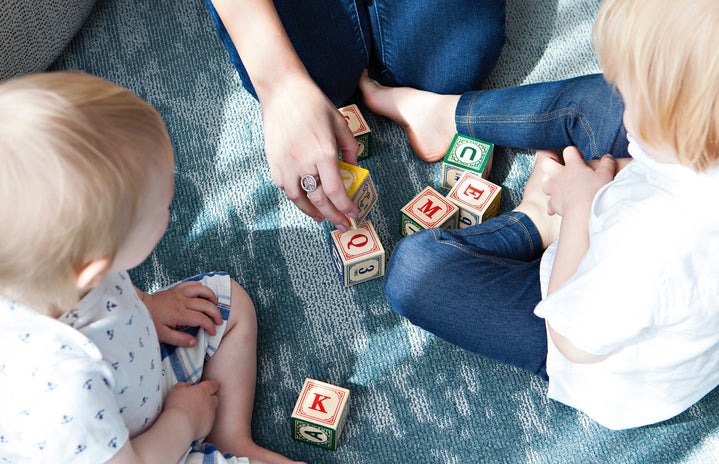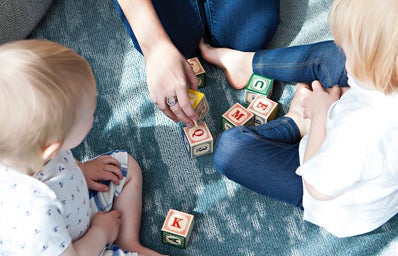Why is it that so many people say- “I want to be married by thirty and I want kids by thirty-five?” Maybe that’s your own plan. Maybe that’s a timeline you’ve had in the back of your mind without really thinking about it, afterall, many of the parents on T.V. seem to be in their thirties, so perhaps we should follow suit?
If you believe this, you’re not alone. These days the average age at which people get married is around 25-30, and according to Statistics Canada, in the 1960s the average person was married in their early 20s and had their first child around 24. These ages have been increasing steadily throughout the last four decades. What has caused such a cultural shift? A lot of factors likely contribute to the older average age of procreation. For instance, the feminist movement which led women out of the home and into the workforce, thus changing family dynamics. However, that discussion is beyond the scope of this article. Bottom line- there are two factors in particular that affect just about everything we do: time and money.
The pop cultural myth is that 30 is the age when a woman’s attractiveness begins to fade and wrinkles start to set in- it’s the whole, time-is-running-out-ladies-find-yourself-a-mate mentality. All the comments from relatives about enjoying your youth while it lasts and the laugh tracks on T.V. accompanying jokes about finding a husband before it is too late, dig their way in, and set an expiration date on female beauty. The search for a permanent partner is made to feel like a hunt where you have to trap a man with your attractiveness, and do it before someone else does. Obviously, relationships (especially potentially permanent ones) are based on more than just looks, but it can often feel like you only have so long to (David Attenborough voice) “attract a suitable mate”. It’s important to remember that this is, in fact, a myth. There is no scientific evidence that women become less attractive after 30, and as the old saying goes: “beauty is in the eye of the beholder”.
Even if remaining attractive is not a concern, there is still the notion of a decrease in fertility that may be pushing women to conceive before they turn 35 and their biological clock supposedly stops ticking. Though current scientific advances have minimized the risks of older women conceiving and carrying a baby to term, there isn’t much representation in our culture of older women having babies. Unfortunately, what we do and don’t see on T.V. tends to stick, and it can be hard to envision something if we haven’t seen it done before. Still, just because something isn’t common does not make it impossible or bad. There is nothing wrong with having children a bit later or through alternative means. There are a lot of pathways to parenthood, whether you stroll through or run, that path is up to you.
However, there is another factor that prevents people from having kids in their twenties: money. The cost of living has increased exponentially in the past few decades. For example, the cost of rent has gone up nearly 750% since 1960, and the cost of having a child is estimated to be about $10,000 to $15,000 a year until the child turns 18. Along with the cost of living, the requirements to get a well-paying job have changed. These days, post-secondary education is for the most part compulsory, whereas there was a time when a high school diploma was all anyone needed to get a decent job. The need to extend our schooling and the cost involved has caused people to push starting a family further down the line. Thirty-five is an age when people expect to be done with school, have a job, be married, and therefore be ready to have children. Makes sense, right?
Well, partly yes and partly no. Age does not necessarily equal readiness, nor does having a ton of money. One person may wish to prioritize their career, another may desire more time with their spouse before bringing children into the picture, while a third may be ready to marry and have children right after high school. Basically there are options for just about any timeline for marriage and family you wish for. There is no need to put a deadline on your happiness and waiting for that “perfect moment” to marry and conceive is naive at best. Life is not over at forty-five. You have plenty of time-more time than you think. There are a lot of ridiculous expectations put on us, but this timeline for family and partnership is one we can safely ignore.



